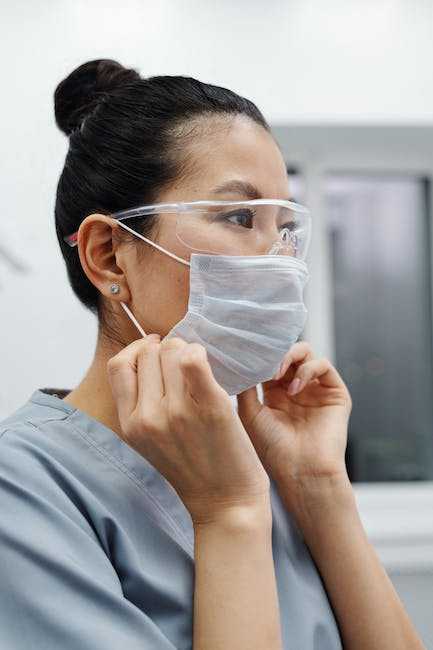
Contents
What are the long-term effects of malaria on a baby’s development?
Pregnant women need to be extra cautious about their health, including the risk of exposure to malaria. This is due to the effects that malaria has on pregnant women, the increased risk of miscarriage, birth defects, and complications in pregnancy. To ensure their wellbeing, pregnant women should be aware of the risks of malaria, effective prevention, and treatments available.
What is Malaria?
Malaria is a disease caused by a parasite that is transmitted through the bites of infected female Anopheles Mosquitoes. When a mosquito bites an infected person, they acquire the parasite, which causes the symptoms of malaria. The most common symptoms are fever, headaches, and joint and body aches.
Risks of Malaria During Pregnancy
Pregnant women are more prone to developing severe cases of malaria than non-pregnant women due to the weakened immune system associated with pregnancy. They are also at a higher risk for miscarriage, premature delivery, low birth weight, stillbirth, and other complications from the disease.
The most common complication of malaria in pregnancy is anemia. This is where the parasite rapidly reproduces in the blood, producing more toxins than the body can manage. This leads to low red blood cell counts and anemia. Anemia increases the risk of infection, labor and delivery complications, and postpartum hemorrhage.
Preventing Malaria in Pregnancy
Pregnant women and their partners should take precautions to avoid contracting malaria, such as:
- Using Insect Repellent – Mosquito repellent is an effective way to keep mosquitoes away. Look for a product that contains the active ingredient DEET, which is safe for use by pregnant women.
- Wearing Protective Clothing – Wear long-sleeved shirts and pants when outdoors to protect you from mosquito bites.
- Staying in Air-conditioned Rooms – Avoid spending time outside during dusk and dawn when mosquitoes are more active. Staying in air-conditioned rooms instead can help reduce your risk of exposure.
- Taking Antimalarial Drugs – Talk to your doctor about taking antimalarial drugs, such as chloroquine, to reduce the risk of contracting malaria.
Treatment for Malaria During Pregnancy
If a pregnant woman is infected with malaria, it is important that she immediately seek medical attention. Treatment can reduce the severity of the symptoms and complications and may also prevent further transmission of the parasite.
The most common treatment is with antimalarial drugs such as artesunate and mefloquine. These drugs are effective in treating the disease, however, they should only be used in pregnant women under the strict supervision of a medical professional.
Malaria and Pregnancy: Protecting Your Health
Malaria can be a serious health threat for pregnant women and their baby. However, with the right knowledge and preventive steps, the risk of malaria can be minimized. Pregnant women should take the necessary precautions to protect themselves and their baby from the effects of malaria.
If a pregnant woman is infected with malaria, it is important that she seek medical treatment immediately in order to minimize the risks to her and her baby.
To learn more about how to protect yourself from malaria during pregnancy, speak to your doctor.
